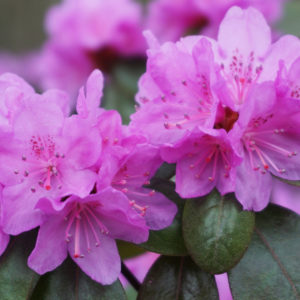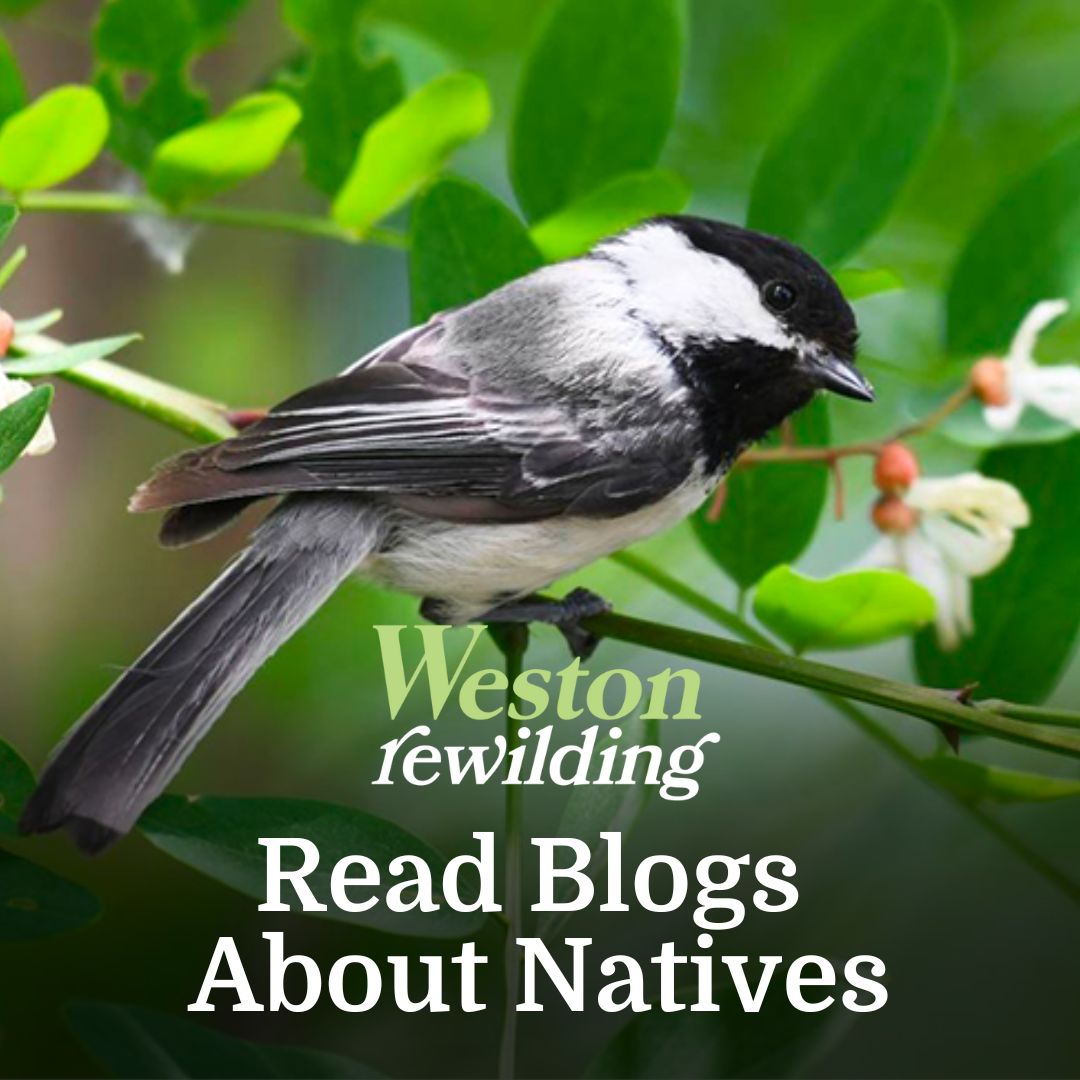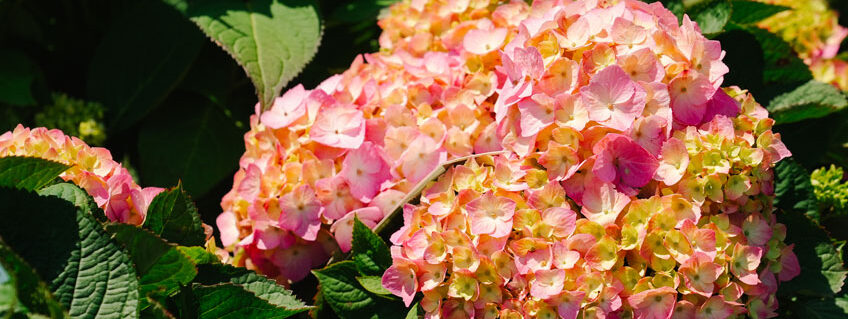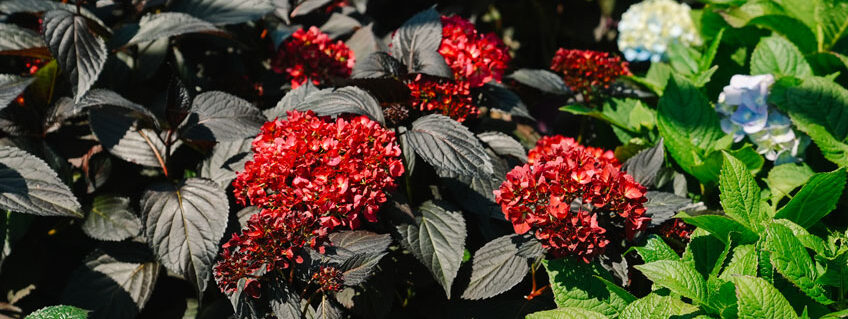While summer brings a different type of allergen in that tree pollen gives way to grass pollen, by August two new players join the game with the potential to bring snivels, sneezing and itchy eyes.
Many of us are aware that the cause of these August allergies is often ragweed, but how many of us know what this plant looks like? In addition, a similar plant can also add to the allergen misery. Both are masters of hiding in plain sight, so our first plant here often gets the blame.
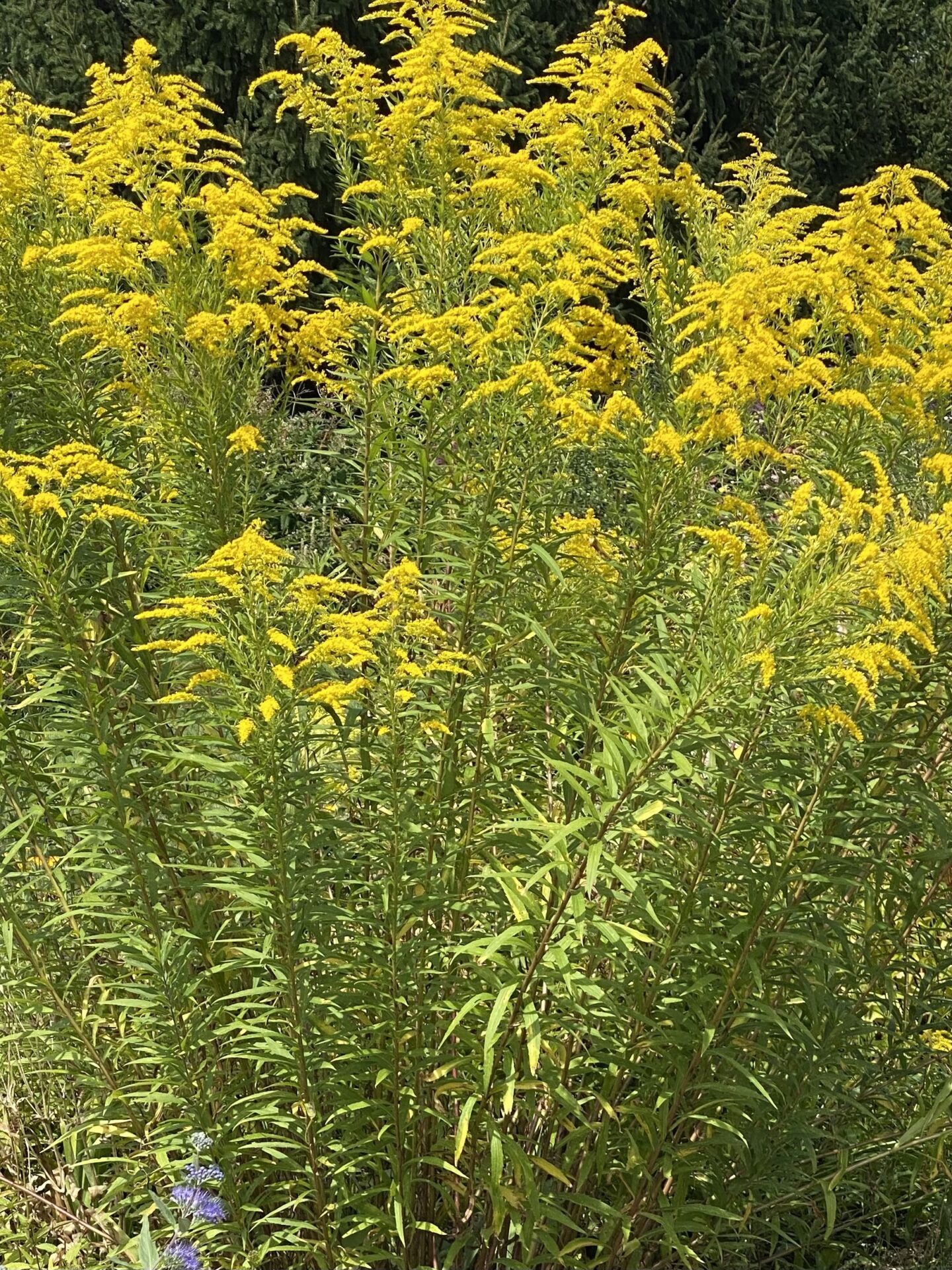
Golden rod (Solidago spp.) is a group of native plants and is often given a bad rap as being the cause of late summer allergies. There are around 60 species native to the U.S., and 25 of them are found in Massachusetts. Golden rod flowers in August and September and as it is a common wildflower with eye-catching yellow flowers it is often mistakenly thought to be the cause of allergies. However, it is insect pollinated and as such provides a valuable food source for bees, wasps, and other insect pollinators. It also means its pollen has no need to be transported by the wind and therefore rarely affects us. While certain species of golden rod can be vigorous to aggressive in garden settings, there are behaved garden cultivars that will add a splash of color to late summer beds. They look great paired with echinacea, Joe Pye weed and ironweed to name a few.
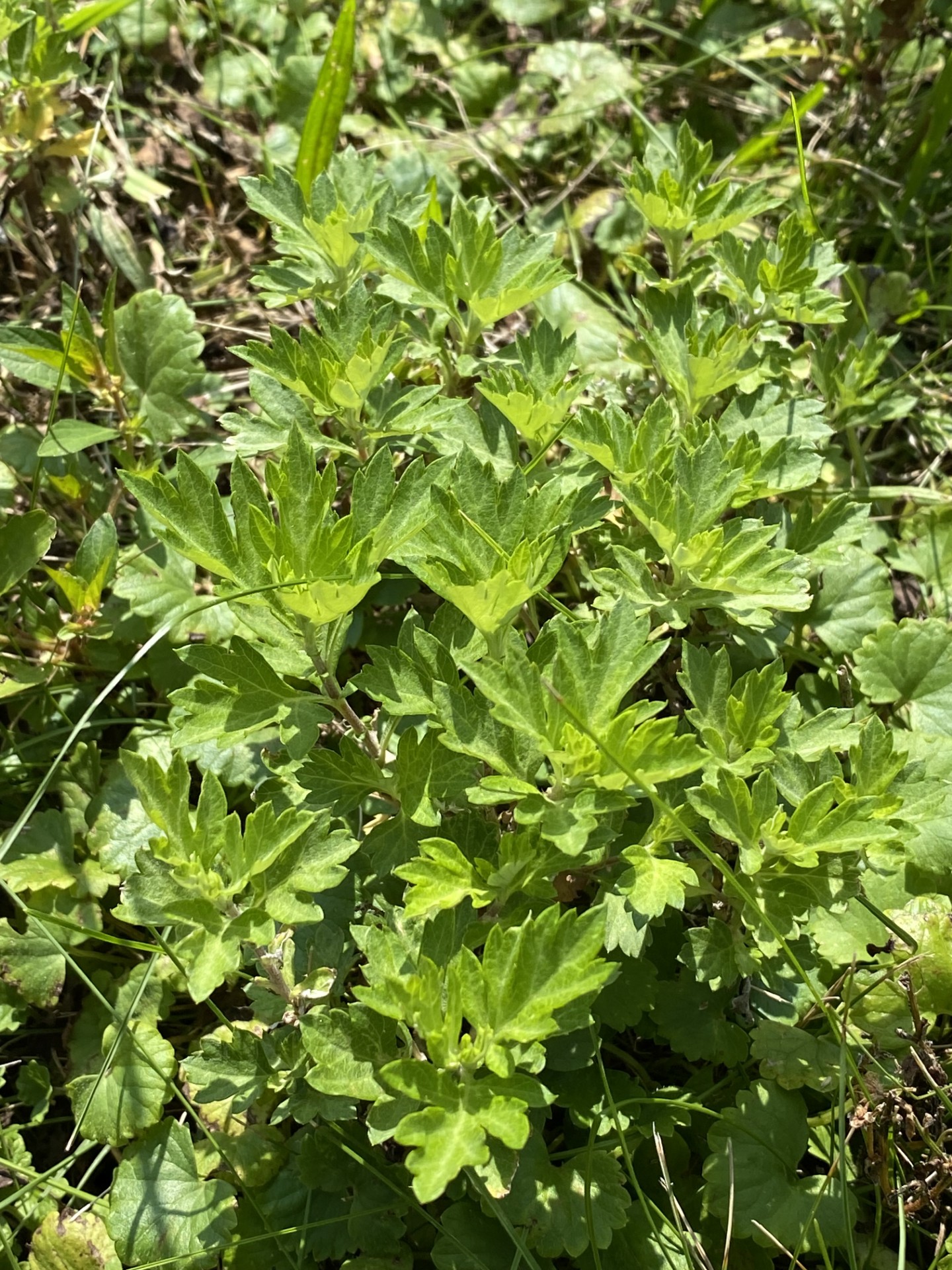
Our second contender looks more like the main culprit and while it can also cause allergies it is still not ragweed. Mugwort (Artemesia vulgaris) originates from Europe and Asia and came to North America with settlers who were used to its medicinal properties in their home countries. Growing between 2-5′ tall it starts life looking like a small chrysanthemum, but as it grows its foliage becomes more pointed and develops distinct white undersides. It has an aromatic scent when crushed, which has led to its dried leaves being used as an insect repellent. The flowers are small and insignificant as the plant is wind pollinated which means they produce a large amount of pollen to ensure success. In addition to producing seed, this plant also spreads through vigorous rhizomes which can rapidly spread and force out competition.
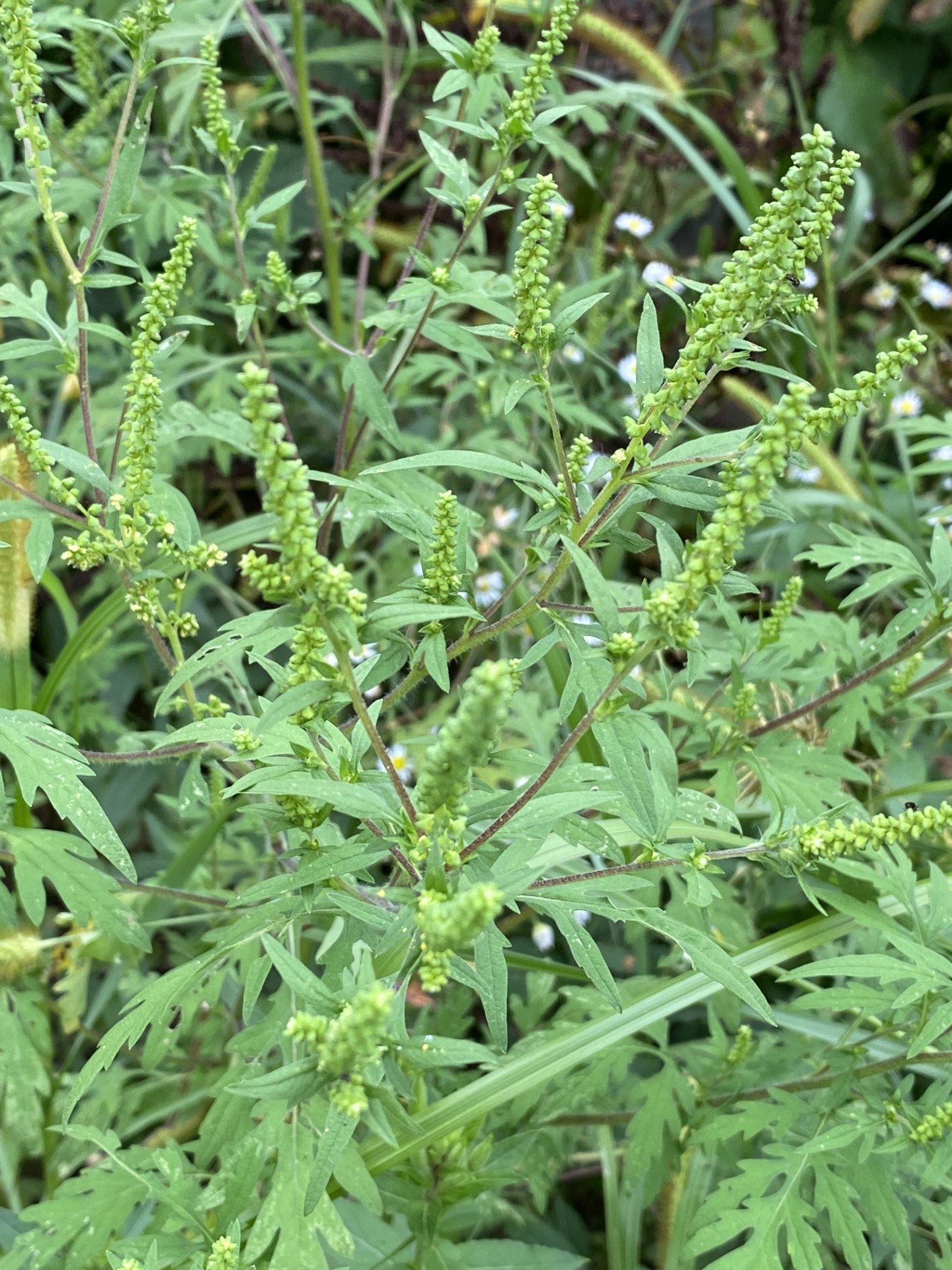
Lastly, we come to ragweed, another plant with insignificant flowers as it too relies on the wind for pollination. Common ragweed (Ambrosia artemisiifolia) acknowledges its resemblance to mugwort in that its botanical name describes it as having “mugwort-like leaves”. Unlike mugwort, it is a native annual and as such is not capable of creating a monoculture in a way the invasive habits of mugwort do. Ragweed can grow to 6’tall, but unlike mugwort it has a more branching growth habit, and while its flowers are not colorful, they are more noticeable, being held on stalks rather than tucked close to the main stem. However, it should be noted that as a plant it is highly allergenic and even touching it can produce contact dermatitis in some people. One thing in its favor though is that birds love the seeds it produces due to their high oil content.
This selection of three weeds also illustrates that even undesirable plants can have some redeeming qualities: as with all things it is a question of balance. Where aggressive plants are concerned, it is easiest to deal with them when they are small and before they set seed. If you inherit a large stand of mugwort, mowing it in summer to prevent seed set it a good start. If digging it up, be aware that the roots of mugwort are brittle, and any small piece left in the soil will produce a new plant with time. Golden rod and ragweed are not so difficult to deal with, but as with all undesirable plants if you cannot find time to dig them out, at the very least stop them going to seed. In bad cases careful use of herbicides can be required to deal with something as aggressive as mugwort.
Sources:
Artemisia vulgaris – Plant Finder (missouribotanicalgarden.org)
Mugwort | Extension | West Virginia University (wvu.edu)
Invasive Plant Factsheet: Common mugwort | Integrated Pest Management (uconn.edu)
Ambrosia artemisiifolia (American Wormwood, Bitterweed, Blackweed, Carrot Weed, Common Ragweed, Hay Fever Weed, Ragweed) | North Carolina Extension Gardener Plant Toolbox (ncsu.edu)


